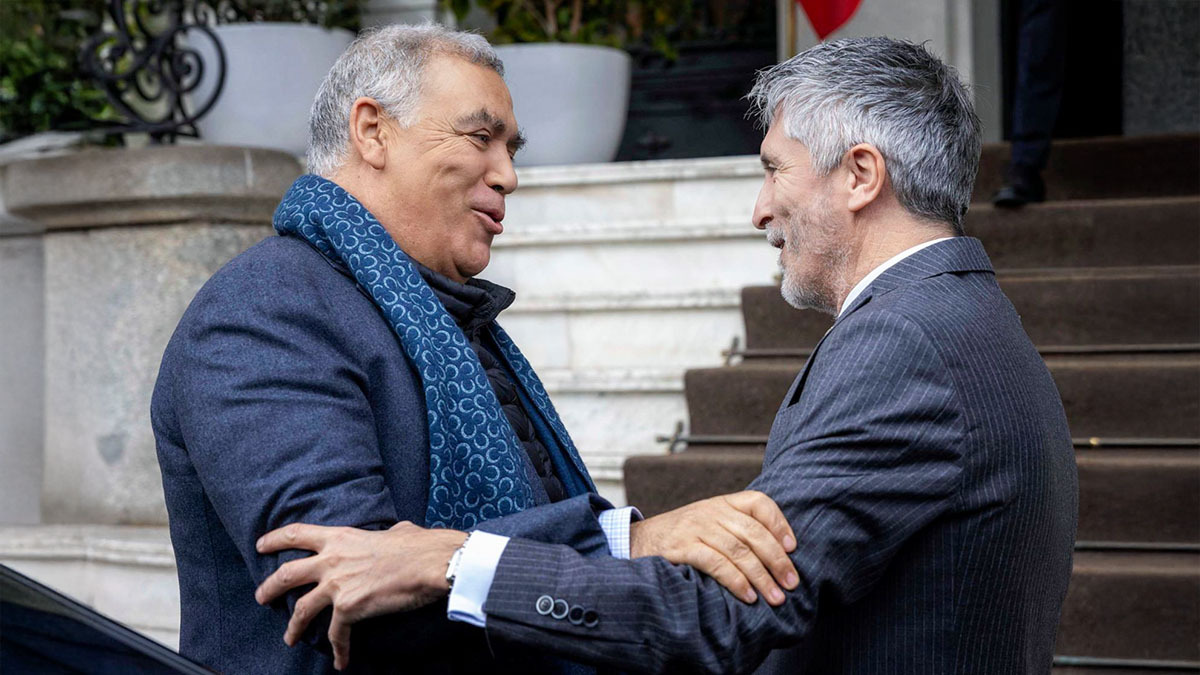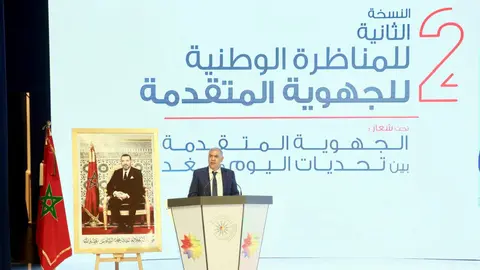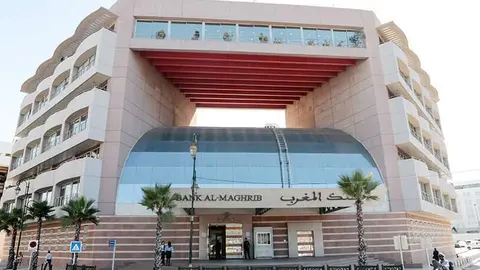Moroccan political parties present their proposals for electoral code reform
Morocco's electoral reform seeks to increase citizen participation, financial transparency and the representation of young people and women

The September 2026 elections are a turning point in Morocco's political and democratic history and an opportunity to review the electoral code and update it to protect credibility and increase citizen participation.
These objectives are shared by all Moroccan political parties, which have been invited to reflect on the reforms and submit their proposals and recommendations for improving the electoral environment and restoring public confidence in the ballot box.
In this regard, King Mohammed VI's latest speech on the anniversary of his accession to the throne on 30 July called for the development of a comprehensive, stable, coherent and lasting electoral codification framework that efficiently structures the electoral process.
The Minister of the Interior, Abdelouafi Laftit, has held consultations with political parties and urged them to submit their proposals for revising the electoral framework, highlighting two key concerns: increasing citizen participation and attracting young and competent elites.
These proposals will serve as the basis for an ambitious electoral reform aimed at restoring trust between citizens and institutions by giving voters real power to influence the outcome.

Multiple reforms
The electoral reform proposals include measures such as automatic registration of young voters, territorial redistribution based on the 2024 census and the creation of an independent electoral management body.
As part of the preparations for the 2026 elections, which will be decisive for Morocco's democratic future, political parties are still in the strategic planning and campaign programming stage.
Among the first proposals for revising the Electoral Code, some parties are advocating a higher electoral threshold in the name of government stability, while others are defending political pluralism.
At the same time, the major parties are calling for a redistribution that consolidates their territorial base, while smaller parties are fighting for mechanisms to guarantee their political survival.
Beyond the partisan political game that has begun a year before the next elections, the fundamental reforms planned for the September 2026 elections would basically focus on the following key points:
- The modernisation of electoral rolls through biometric integration.
- The revision of the electoral division in line with the current demographic reality.
- Transparency in campaign financing.
- The creation of an independent institution to oversee the electoral process.
The three challenges of electoral reform
The new Electoral Code will address recurring issues such as the participation of Moroccans living abroad, voting methods, electoral boundaries, the balance between rural and urban areas, voter registration and voting procedures in accordance with international standards.
In this vein, political parties have highlighted three main challenges amid these issues: the technological updating of electoral rolls, territorial redistribution and the electoral quotient.
The first challenge is the issue of electoral rolls, where numerous irregularities have been detected, such as duplications, deceased persons still on the rolls, emigrants registered and chronic disaffection among young people towards registering on the electoral rolls and their lack of interest in voting.
In this case, some political parties have suggested a digital revolution, linking the lists to biometric data from the Civil Registry and creating a unified national electronic registration platform. In this way, the automatic registration of any citizen who reaches the age of majority could revolutionise youth participation in elections and overcome the participation crisis currently experienced in Morocco.
The second challenge is territorial redistribution. Given that preparations for the next elections come in a context marked by the announcement of the results of the 2024 census, political actors are advocating the use of its data to modify the territorial distribution for the next elections.

Political parties are calling for this reform to update the distribution according to the 2024 census, significantly increasing the representation of large cities such as Casablanca, which has 3.7 million inhabitants but only 27 seats in parliament.
In clear recognition of the demographic and economic weight of Moroccans living abroad, the political parties' proposals call for the allocation of parliamentary seats specifically dedicated to Moroccans around the world.
The third challenge is the electoral quotient, which represents a real headache for political actors. They argue that the current calculation of the quotient is based on registered voters rather than actual voters, which excludes small parties.
The proposed reform calls for a calculation based on valid votes cast. This technical change could alter the current political balance and open up the democratic process. The system would also include a threshold to guarantee a minimum number of votes and distribute the remaining seats based on the highest average number of votes.
This formula would change the electoral map resulting from the 2021 elections, potentially at the expense of some parties that appeared more important than their actual organisational capabilities.
Independent and transparent institution
A proposal common to most political parties is the creation of an independent national institution for the management of elections, attached to the Ministry of the Interior.
This institution would benefit from direct judicial oversight and would be subject to civil and media scrutiny, which would complement this mechanism to guarantee the integrity of the electoral process.
In parallel with this entity, political parties have also proposed the creation of an official platform updated in real time that would disseminate results office by office, campaign expenses and candidate lists, thus giving civil society access to play a positive role in the operation and contribute to its success.
Accredited observers could enter their data directly after verification, thus creating an archived database for academic research and future political analysis.
In a step towards ensuring the financial transparency of election campaigns, given the recurring suspicions of vote buying and the influence of black money in investitures, political parties propose to publish their lists of donors and all their campaign expenses on a public platform.
This is a form of prior and simultaneous financial control. In this context, public funding would be conditional on the actual performance of parties in terms of citizen engagement and participation.
With regard to the representation of women and young people, the electoral reform seeks to move beyond the current approach, which remains largely symbolic despite the mechanisms of dedicated lists, and to overcome cosmetic quotas that are insufficient and have no real impact on representation.
The proposed amendments aim to link public support to the actual local election results of candidates, integrate young people and women into local lists rather than limiting them to regional lists, and develop training programmes for the political leadership of this category of candidates.










